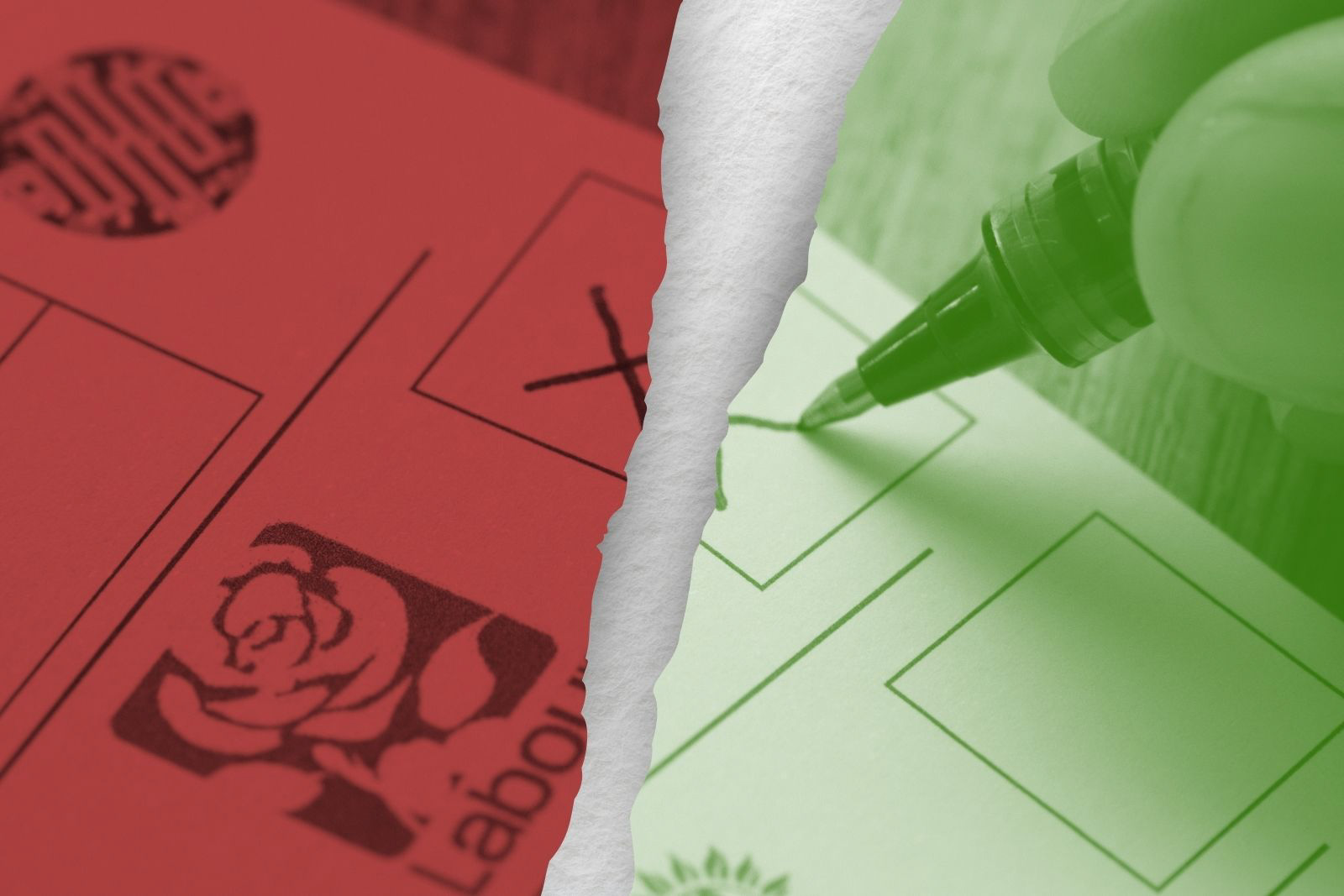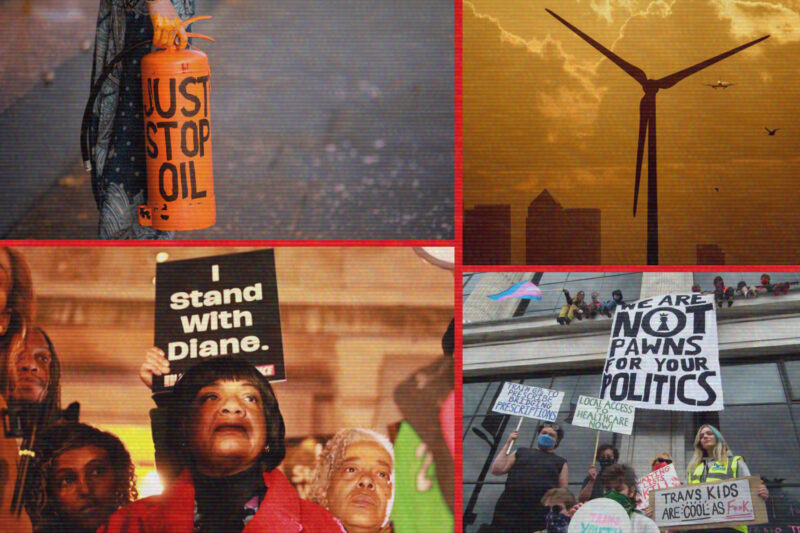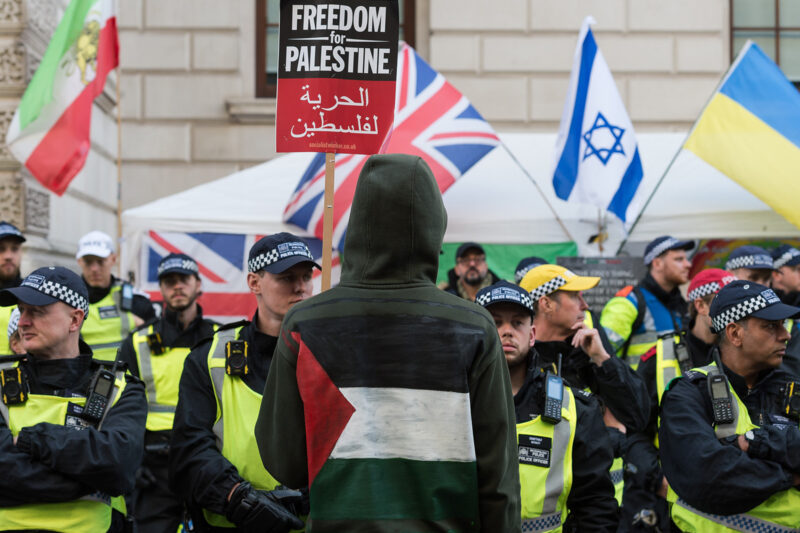Labour needs to rebuild trust with Muslims. Here’s how
Keir Starmer’s party has alienated Muslims not just over Gaza but in his failure to tackle Islamophobia robustly

Labour lost my vote, along with up to 600,000 others, the moment Keir Starmer made his notorious comments about Israel’s “right” to withdraw water and power from Gaza.
If the party wants us back, as it ought to, it has to begin rebuilding trust immediately. That goes beyond its policy on Palestine — although recognition of a Palestinian state, which the party pledged before watering down its promise in classic fashion, is a prerequisite.
First, Labour needs to unequivocally condemn Islamophobia within its ranks and take swift action against those who perpetuate it. That means implementing a zero-tolerance policy for Islamophobic rhetoric and behaviour, ensuring that those who engage in such conduct face real consequences, such as being dismissed from the party. I have faced Islamophobia, and if the government doesn’t take stronger action to eliminate prejudice within its own party, how can everyday Muslim women like me expect it to address it as a growing problem in wider society?
The scale of Labour’s problem with Muslims was laid bare well before 7 October, in both the Forde report and the party’s response to it. The investigation, conducted by Martin Forde KC and published in 2022, found antisemitism had been tackled more robustly than other forms of prejudice within the party, including Islamophobia and anti-Black racism. Forde has since expressed disappointment about Labour’s lack of engagement with his findings. The party, he says, has failed to address the perceived “hierarchy of racism” that blights the party.
Second, and more positively, Labour must do more to make our voices heard. Many Muslims, like me, feel that our lived experiences of hate have been dismissed — as in the case of former Labour councillor Robina Ahmed, who faced months of silence after a complaint made on her behalf about Islamophobic messages in a local Labour WhatsApp group.
The Labour Muslim Network’s report in 2020 revealed that more than one in four Muslim Labour members had experienced Islamophobia within the party, most saying they lacked confidence in the leadership’s ability to address the issue. The report described direct experiences of Islamophobia, including accusations that Muslim members were trying to infiltrate and control local Labour party branches through “planned takeovers”, stereotypes about Muslims’ links to “grooming gangs” and many members being called “terrorists” and “foreigners”. More than one in three members had witnessed Islamophobia at local meetings, on social media and during national Labour events.
Labour needs to do more grassroots work to combat Islamophobia that is this widespread. That means setting up regular meetings focused on the issues we face, involving religious leaders, community activists, local business owners and everyday Muslims. Senior Labour leaders, local MPs and councillors must attend these forums to ensure meaningful dialogue. Collaborating with Muslim organisations and advocacy groups is also crucial. By creating such platforms, Labour can better understand the unique challenges we face, fostering trust and demonstrating a genuine commitment to tackling the issue.
It is also crucial that Labour increases the representation of Muslims in key positions within the party. That goes beyond tokenism, requiring a genuine commitment to diversifying Labour’s leadership and ensuring that Muslims are actively involved in decision-making processes.
With Labour in government, such measures are more important than ever. Only through genuine efforts and sustained actions can it hope to regain the trust and support of Muslims and move forward as a united and inclusive party.
 Newsletter
Newsletter













